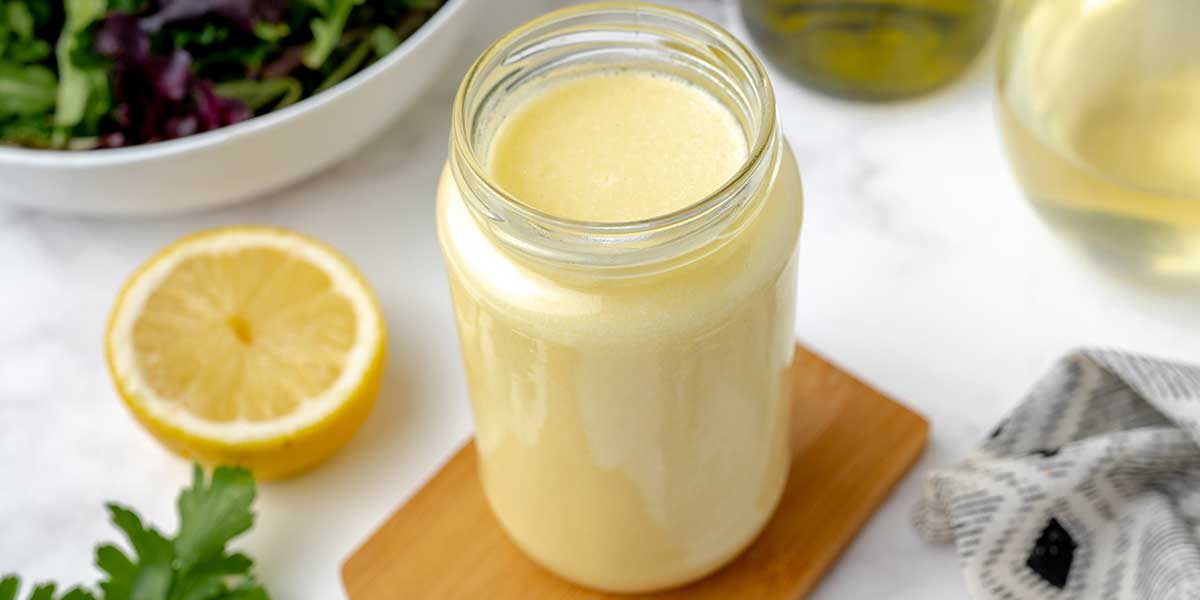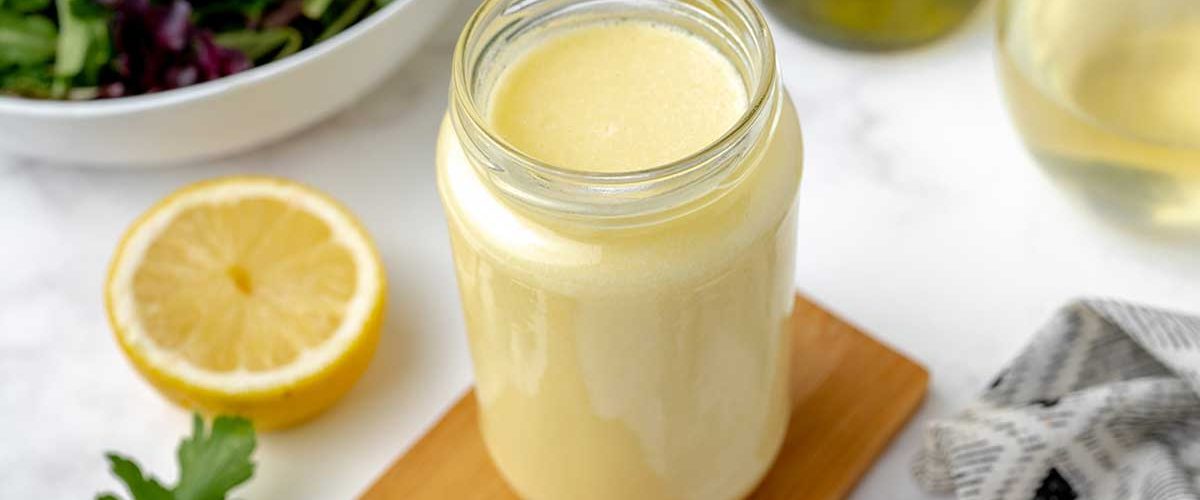Follow Us
Beurre Blanc Sauce Recipe – European Special

Beurre Blanc Sauce is a classic French sauce known for its rich, buttery flavor and velvety texture. Made by emulsifying cold butter into a wine-and-shallot reduction, this sauce delivers a perfect balance of acidity and creaminess. Ideal for drizzling over fish, seafood, or steamed vegetables, the sauce adds elegance and depth to any dish. Once you master this emulsified butter sauce, it becomes your go-to for restaurant-style finishings at home.
- Prep Time8 min
- Cook Time1 hr 7 min
- Total Time1 hr 15 min
- Cuisine
- Course
Beurre Blanc Sauce Ingredients:
- 1/2 cup white wine (such as Sauvignon Blanc)
- 1/4 cup white wine vinegar
- 2 shallots, finely chopped
- 1 cup unsalted butter (cold, cut into small cubes)
- Salt and white pepper to taste
- Optional: fresh herbs (like chives or tarragon) for garnish
Prepare the Reduction:
Combine Ingredients: In a medium saucepan, combine the white wine, white wine vinegar, and chopped shallots.
Reduce: Bring the mixture to a boil over medium heat and let it simmer until reduced to about 2 tablespoons. This usually takes about 10-15 minutes.
Strain the Reduction:
Strain: Once reduced, strain the mixture through a fine mesh sieve into a clean saucepan, discarding the shallots.
Emulsify the Butter:
Heat the Reduction: Return the strained reduction to low heat.
Add Butter: Gradually whisk in the cold butter, a few cubes at a time, allowing each addition to melt and incorporate before adding more. Continue until all the butter is incorporated and the sauce is smooth and creamy.
Season:
Taste and Adjust: Season the sauce with salt and white pepper to taste. If desired, add finely chopped fresh herbs for additional flavor.
Serve:
Serve Immediately: Beurre Blanc is best served warm, so drizzle it over your dish of choice right after preparation.
Recipe Notes:
Preparation Timing: Beurre Blanc doesn’t hold well long after making. Prepare just before plating for optimal texture and flavor.
Temperature Control: Keep the reduction low heat when whisking in cold butter to avoid breaking the emulsion.
Acid Variations: Swap white wine vinegar for lemon juice or flavored vinegars for different tang profiles.
Serving Suggestions: Perfect over grilled fish or scallops; also complements steamed veggies or roasted potatoes as an accompaniment.







